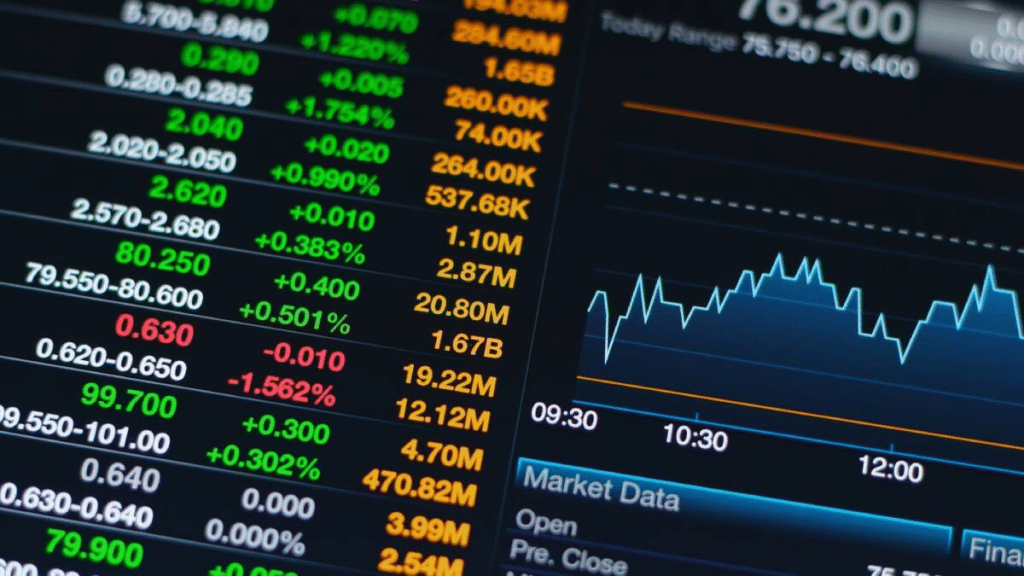One of modern finance’s foundational — and most controversial — concepts is the Efficient Market Hypothesis (EMH). It states that the market price is always true or very close to it. Therefore, both fundamental and technical analyses, whether aimed at identifying the next top stock gainers or predicting where the Tesla stock price is headed, are futile.
EMH supporters argue that all the information is publicly available and already reflected in asset prices. With countless participants, including retail investors, hedge funds, and governments, engaged in trading and investing, the idea of undervalued or overvalued assets becomes irrelevant.
According to EMH proponents, rapidly evolving markets are influenced by numerous unpredictable factors, such as the COVID-19 pandemic and trade wars. They claim that technical patterns merely reflect the human tendency to see similarities and cycles everywhere, while fundamental analysis is just a fancy way of crunching numbers and calculating endless ratios.
Hence, there are no undervalued stocks, which contradicts fundamental analysis; market movements are random, undermining the core belief of technical analysis that the past can predict the future. Technical analysis with its charts and patterns is a way to overcomplicate the market, whereas fundamental analysis is no better.
The theory continues to spark debates within financial circles, with no clear consensus on whether it’s absolutely true or utterly wrong. This uncertainty leaves investors questioning how best to allocate and make the most of their capital.
Some critics acknowledge that minor market inefficiencies may exist but are usually short-lived, quickly corrected by sophisticated investors. These temporary anomalies might explain why some active managers can outperform the markets in certain periods.
EMH adherents typically advocate for diversification and index investing. They follow passive investment strategies across multiple asset classes, avoiding active trading, believing that attempts to “beat the market” are ultimately counterproductive and costly.
During the 2023-2024 period, Morningstar Inc. studied both passively and actively managed investment funds to assess the performance of top analysts and traders compared to average market returns.
The financial research company found that only 51% of actively managed investment funds outperformed the market. While this is slightly more than half, the figure is not particularly persuasive, especially considering the effort, cost, and expertise involved.
Once again, half of the top traders and fund managers failed to beat the market despite using advanced technical analysis tools and extensive knowledge of fundamental metrics.
As with all investment theories, ideas come and go, evolve, and change directions. The Efficient Market Hypothesis is just one example of how investors may examine the stock market, choose a strategy, and make decisions in an increasingly complex financial landscape.
